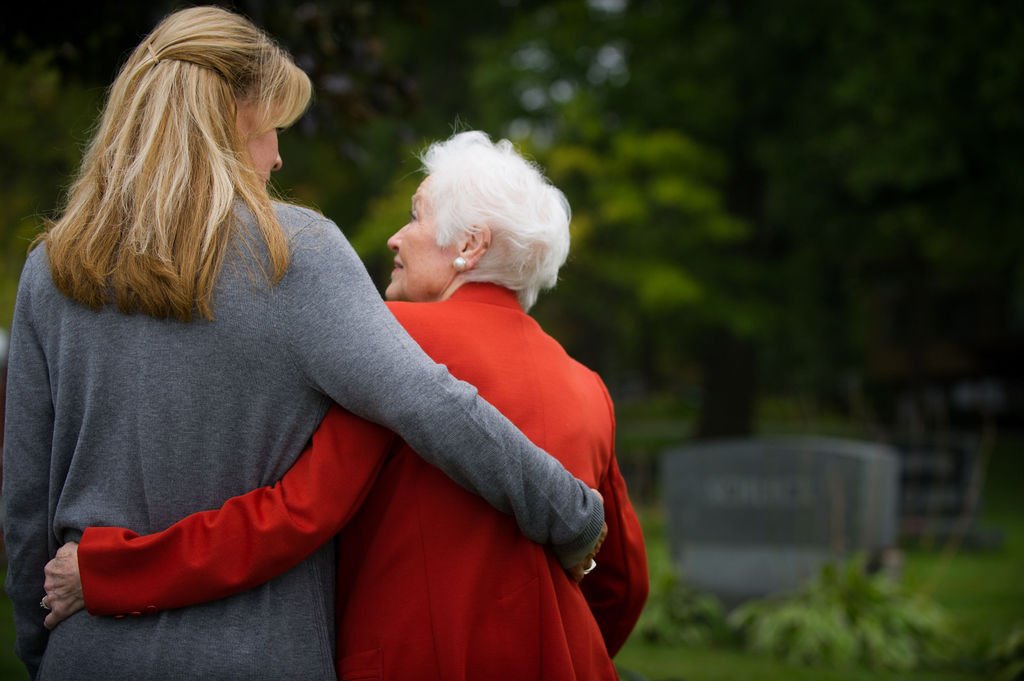Caring for aging parents is a role that many of us will take on at some point in our lives. It’s a transition that can be as challenging as it is rewarding, involving complex emotions, logistical planning, and sometimes, significant lifestyle adjustments. While the focus is often on the physical and medical needs of the elderly, the emotional and psychological well-being of the caregivers themselves can sometimes be overlooked. This is where Aging Parent Support Therapy comes into play, offering a vital lifeline to those who find themselves navigating the multifaceted journey of caregiving.
The Emotional Weight of Caregiving
Caregivers for aging parents often experience a wide range of emotions, from love and compassion to guilt and frustration. The responsibility can feel overwhelming, especially when balanced with other family commitments, work, and personal needs. It’s not uncommon for caregivers to feel isolated, as their role can limit social interactions and personal time, leading to feelings of loneliness and sometimes, resentment.
Moreover, watching parents age and their independence wane can be emotionally taxing. Caregivers may grieve the loss of their parents’ younger selves while simultaneously managing complex care needs. This grief can be complicated, encompassing not just sadness but also anger, loss, and a profound sense of responsibility.
Why Caregivers Might Need Support
- Emotional Resilience: Caregiving can be emotionally depleting. Support therapy can provide caregivers with coping mechanisms to manage stress, anxiety, and depression, ensuring they remain emotionally resilient.
- Role Strain: Many caregivers struggle with the dual role of being a child and a caregiver. Therapy can help navigate these changing dynamics, fostering a healthier relationship between the caregiver and the aging parent.
- Decision-Making: Caregivers often face tough decisions regarding their parents’ care, from medical treatments to end-of-life care. Counseling can offer a space to explore these decisions thoughtfully and considerately.
- Self-Care: It’s easy for caregivers to neglect their own needs. Therapy emphasizes the importance of self-care, helping caregivers understand that taking care of themselves is not selfish but essential for being effective in their caregiving role.
- Social Isolation: The all-consuming nature of caregiving can lead to social isolation. Support groups and therapy provide a community of peers who understand the unique challenges of caregiving, offering both support and companionship.
What Counseling Can Offer
Individual Therapy
Individual therapy offers a confidential space for caregivers to express their feelings and thoughts, free from judgment. Therapists can help caregivers work through feelings of guilt, loss, and frustration, providing strategies for managing stress and improving emotional well-being.
Family Counseling
Family counseling can be beneficial in addressing the dynamics that often arise in families caring for an aging relative. It can help resolve conflicts, improve communication, and distribute caregiving responsibilities more equitably among family members.
Support Groups
Support groups bring together caregivers facing similar challenges. These groups offer a sense of community and understanding, allowing caregivers to share experiences, advice, and emotional support.
Educational Workshops
Workshops can equip caregivers with practical skills, from managing medical needs to navigating the healthcare system. They also provide valuable information on coping strategies and self-care practices.
Aging Parent Support Therapy is not just beneficial; it’s essential for the well-being of caregivers. It acknowledges the complexity of caregiving, offering a holistic approach that supports both the emotional and practical aspects of this role. By seeking support, caregivers can find a healthier balance between caring for their aging parents and maintaining their own well-being, ensuring that they can provide the best care possible without sacrificing their own health and happiness.


Recent Comments